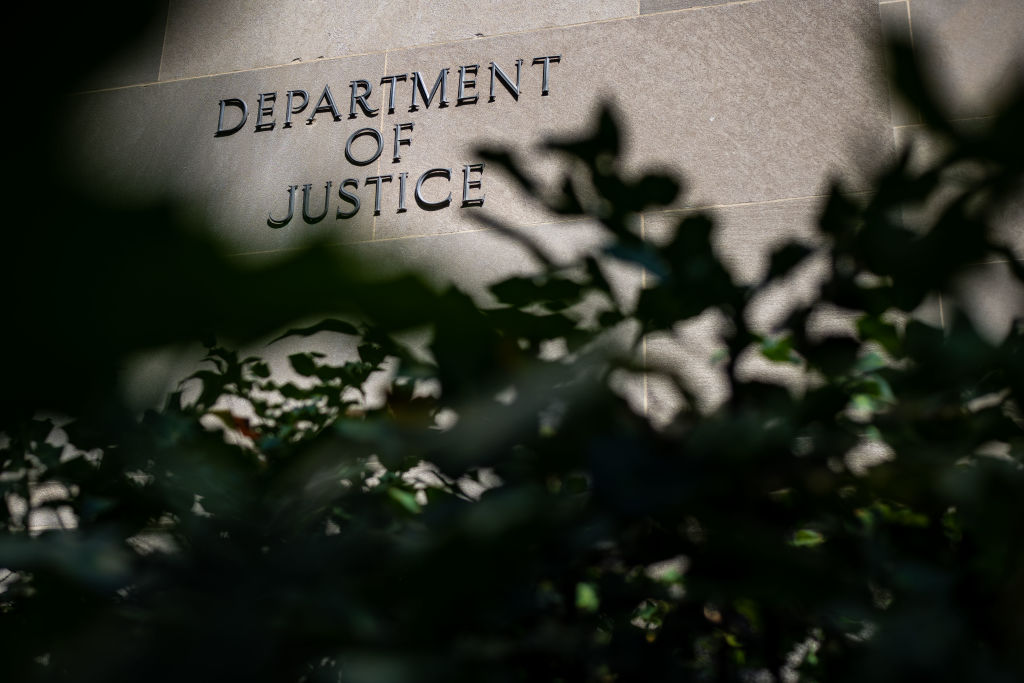
(NEW YORK) — In a court filing on Thursday, the federal judge tasked with reviewing the FBI-seized materials from Mar-a-Lago directed federal prosecutors to begin producing the approximately 11,000 documents that were recovered last month from former President Donald Trump’s Florida home.
The plan and timeline laid out by U.S. District Judge Raymond Dearie states that by Monday, the Department of Justice must provide electronic copies of the materials not labeled classified to both Dearie and Trump’s team.
For each document, Trump’s attorneys must then say whether he is asserting attorney-client privilege or executive privilege or whether the document is a personal or presidential record, according to Dearie’s latest directions.
For any document that Trump and his team mark as privileged and/or personal, they need to include a statement explaining the reasoning for the particular declaration.
The government has provided Trump and his lawyers with the documents that DOJ’s “filter team” had found could potentially be privileged and Dearie said in Thursday’s filing that Trump must then provide a log of his designations for the materials — as to whether he is asserting privilege over something and whether it is personal or presidential — to the government by Monday.
Trump’s team has to submit a final and complete review of all the documents to the government by Oct. 14, according to the special master.
Both parties must submit a log of any disputed designations to the Dearie by Oct. 21. (Dearie said he needs the help of a retired federal magistrate, James Orenstein, to help with his review.)
Where there’s a dispute with the government, the special master will resolve it.
The 11th U.S. Circuit Court of Appeals on Wednesday simplified Dearie’s work by removing classified documents from his review and restoring the government’s access to them as part of its investigation into how Trump, who denies wrongdoing, handled records after leaving office. Among the materials the FBI says it retrieved from Mar-a-Lago, court documents have shown, were 11 sets of documents of various classifications ranging from confidential to top secret and sensitive compartmented information.
The 11th Circuit’s ruling Wednesday was a partial stay of U.S. District Judge Aileen Cannon’s order naming a special master and essentially freezing the government’s work pending Dearie’s review.
Cannon on Thursday modified her order in light of the appellate decision, striking the parts of her ruling that the special master needs to prioritize the documents marked as classified and submit interim reports and recommendations as appropriate.
Cannon also removed a measure that the classified documents and attached papers must be available for inspection by Trump’s attorneys.
Copyright © 2022, ABC Audio. All rights reserved.
